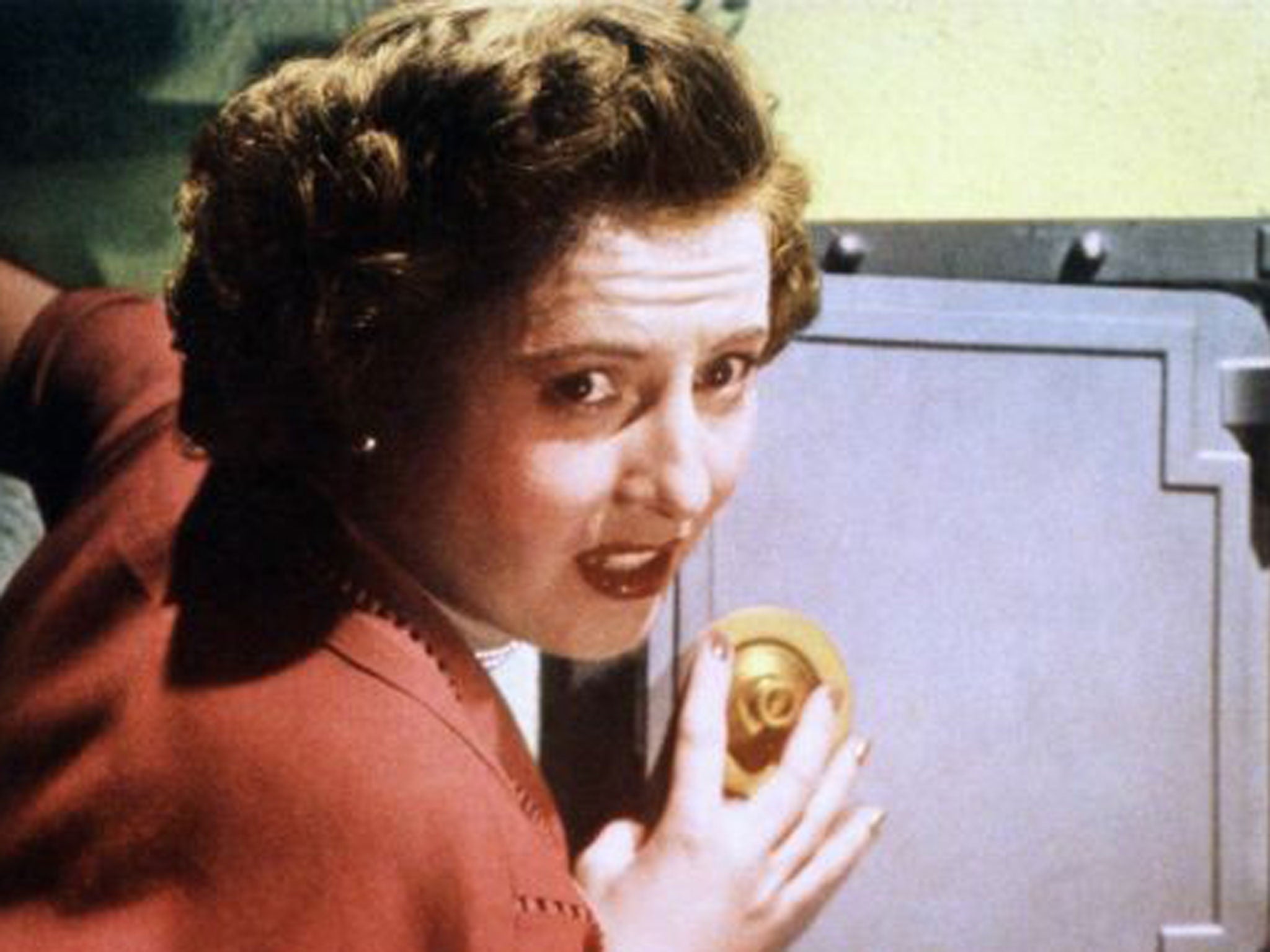Budget 2016: Chancellor George Osborne set to announce tax on company pension contributions
The proposed flat rate of relief would have to be funded by higher earners. And that creates a loophole that the Chancellor may plug, says Simon Read

The contributions that your company makes to your pension could be taxed under changes set to be announced by George Osborne in next month's Budget. The move could raise an estimated £5bn for the Treasury and is needed to balance the books so the proposed new flat rate for pension tax relief can be launched.
The Chancellor has already widely floated the idea of introducing flat-rate relief, but retirement experts have warned that his plans will only be possible if he introduces a tax charge on the money added by employers to workers' pension pots.
"If the Chancellor opts for a flat rate on employee pension contributions, he will almost certainly make changes to company contributions for higher and additional-rate taxpayers," warned Steven Cameron, regulatory strategy director at the insurer Aegon.
"If he doesn't, higher-rate taxpayers would be able to ask their employer to reduce their salary and have the employer pay the difference into their pension for them, commonly known as 'salary sacrifice'."
At present, workers earn tax relief on pension contributions at their normal rate of tax. So for the majority that's 20 per cent. But for those who earn more than £42,835 a year, it's 40 per cent, while top-rate taxpayers earning £150,000 or more get 45 per cent relief.
To put it another way, for every £1 that goes into your pension pot, you only need to put in 80p if you're a basic- rate taxpayer because of the government top up. If you're a higher-rate payer, you only need to put in 60p to get a £1 in your pension. The highest-rate taxpayers only need to contribute 55p.
The Chancellor has proposed a single rate of relief, which will help basic-rate and non-taxpayers, but hit those on a higher rate. Experts reckon the rate could be 25 per cent or 30 per cent. This would mean that for every £1 that goes into a pension pot, people would need to pay either 75p or 70p, irrespective of their tax rate.
Under what appear to be Mr Osborne's plans, the cost of this equalisation will have to be met by the UK's 4.9 million higher and additional-rate taxpayers. But anyone facing lower relief could simply use the existing salary-sacrifice scheme to restore the status quo.
Under the scheme, workers accept a lower salary in return for higher pension contributions from their employer. Salary sacrifice is popular because it saves national insurance contributions for both employer and employee.
But, crucially, money that your company puts into your pension remains tax free. So higher-rate payers facing lower pension benefits because of the introduction of flat-rate tax relief would simply have to boost their salary sacrifice to avoid it.
"A flat-rate system would be simpler," said Tom McPhail at the adviser Hargreaves Lansdown. "However, in order to prevent higher earners gaming the system by using salary sacrifice, there would have to be a tax charge applied in respect of employer contributions made on behalf of higher earners."
But any change to the system of tax relief is likely to be complex and to create unintended consequences, warned former pensions minister Steve Webb, now director of policy at the insurer Royal London. "There is a prize to be had in the form of a simpler system which is easier to understand and provides better incentives to save for people on modest incomes. But change will create gainers and losers, including, potentially, among employers. The Chancellor faces difficulty trying to satisfy competing goals."
Higher-rate payers have already complained over news of pension relief being cut; that their company contributions could be taxed for the first time too will fuel their anger.
Salary sacrifice: how the new tax could work
Say a higher-rate taxpayer earning £60,000 puts £5,000 into a pension each year. As they receive 40 per cent tax relief, the net cost to them at the moment is £3,000, with the government adding a further £2,000.
If the rate of tax relief were to be set at 25 per cent, the same £5,000 would cost the individual £3,750 if paid as a personal contribution – an extra £750 a year.
The alternative is to ask for their employer to cut their salary to £55,000 and pay £5,000 as a contribution to the individual's pension. After 40 per cent tax, their take-home pay falls by only £3,000. And they don't incur the extra £750 cost.
To stop this happening, employer pension contributions would become a "benefit in kind", taxed at the difference between the individual's "marginal" income tax rate and the flat rate.
In our example, the difference is 15 per cent, so the £5,000 employer contribution would face a £750 tax charge – the same as if they had made the contribution themselves.
Subscribe to Independent Premium to bookmark this article
Want to bookmark your favourite articles and stories to read or reference later? Start your Independent Premium subscription today.

Join our commenting forum
Join thought-provoking conversations, follow other Independent readers and see their replies